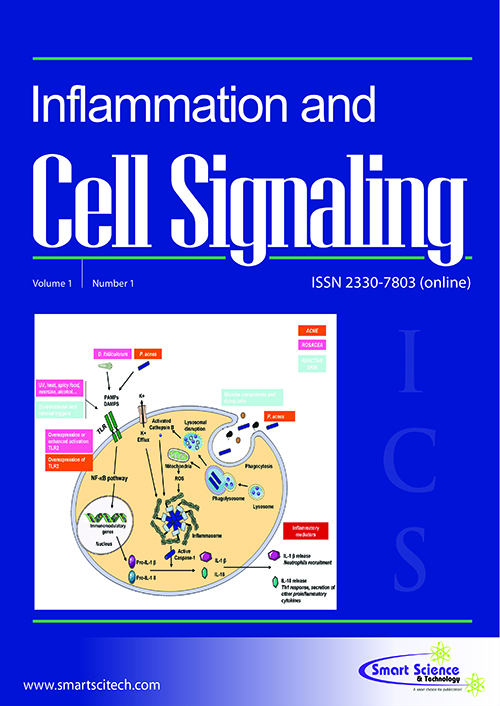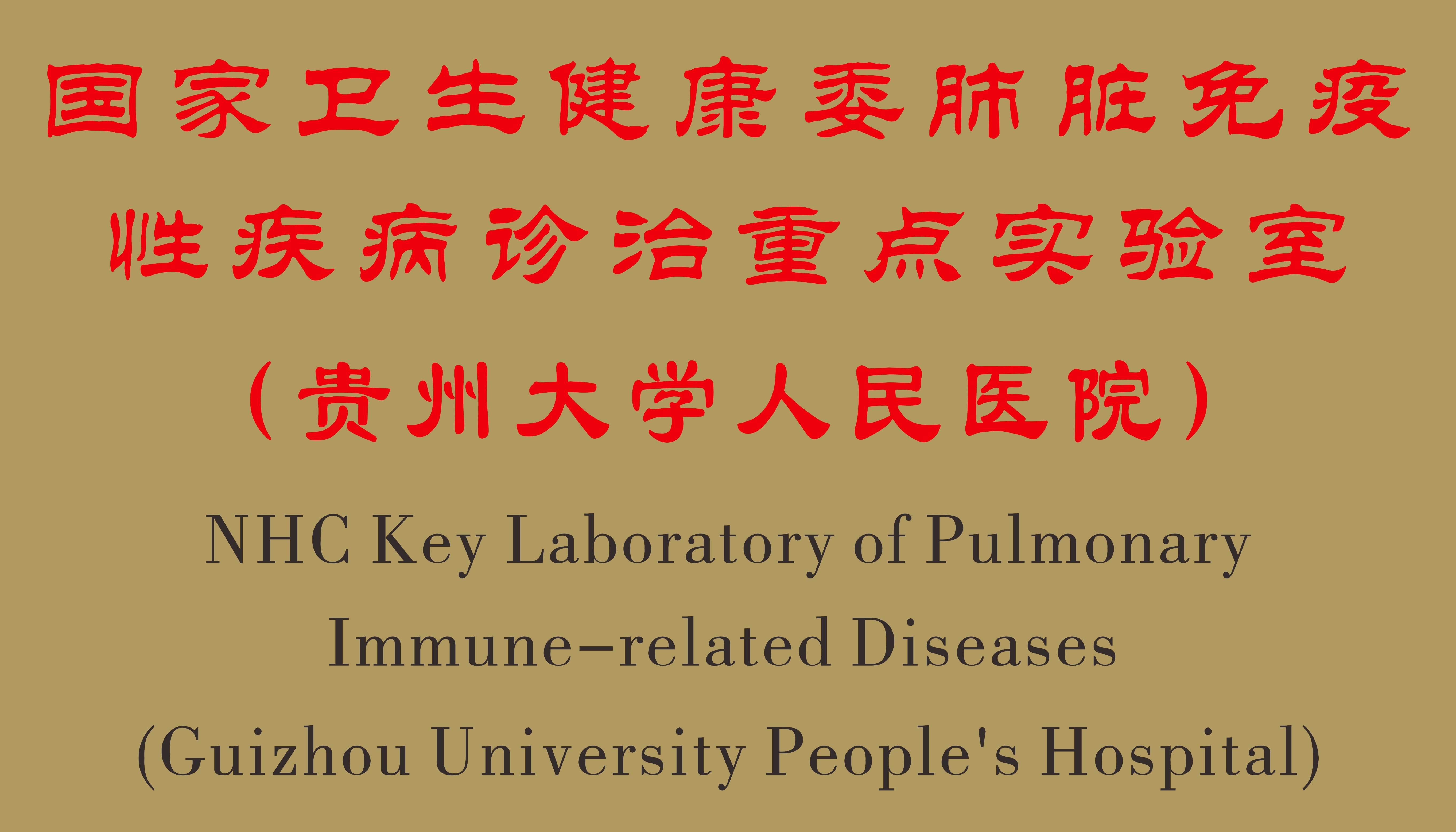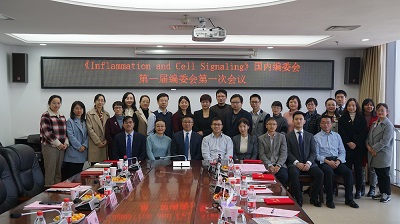PPAR? and PGE2 signaling pathways communicate and connect inflammation to colorectal cancer
DOI: 10.14800/ics.338
Abstract
The nuclear hormone receptor peroxisome proliferator-activated receptor d (PPARd) is a ligand-dependent transcription factor that is involved in fatty acid metabolism, obesity, wound healing, inflammation, and cancer. Despite decades of research, the role of PPARd in inflammation and colorectal cancer remains unclear and somewhat controversial. Our recent work presented the first genetic evidence demonstrating that PPARd is required for chronic colonic inflammation and colitis-associated carcinogenesis. We also found that a PPARd downstream pathway, namely the COX-2-derived PGE2 signaling, mediated crosstalk between tumor epithelial cells and macrophages to promote chronic inflammation and colitis-associated tumorigenesis. In this brief review, we summarize recent studies on the role of PPARd in inflammatory bowel disease (IBD) and colorectal cancer (CRC) and highlight recent advances in our understanding of how PPARd and COX-2-drevided PGE2 signaling coordinately promote chronic colonic inflammation and colitis-associate tumorigenesis. Elucidating of the role of PPARd in inflammation and CRC may provide a rationale for development of PPARd antagonists as new therapeutic agents in treatment of IBD and CRC.













